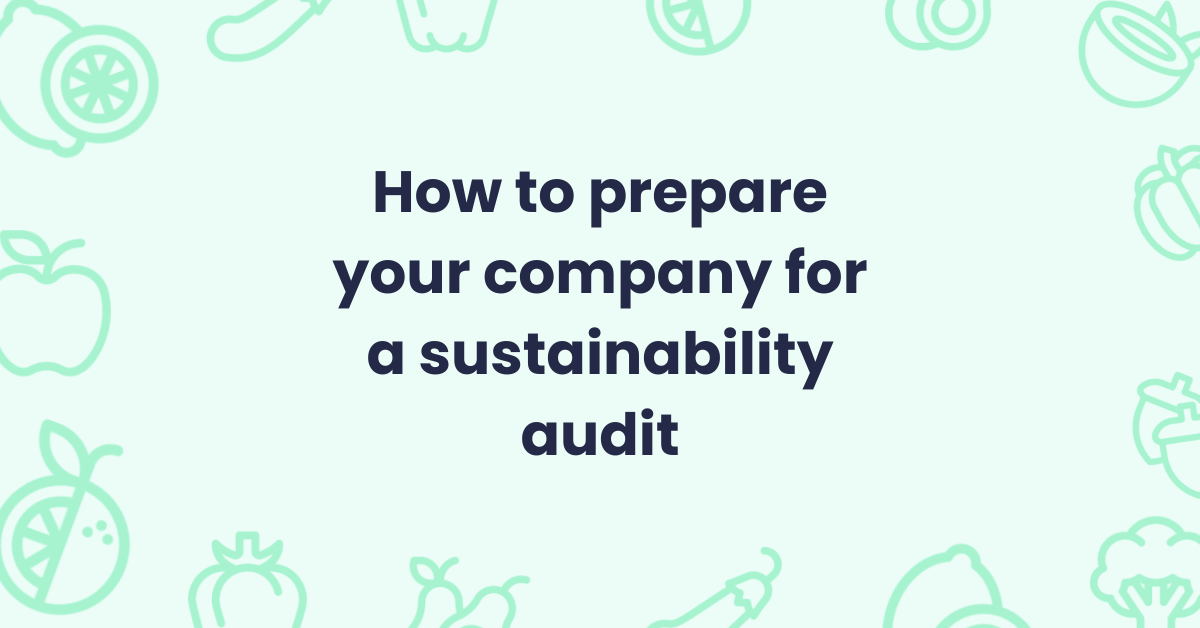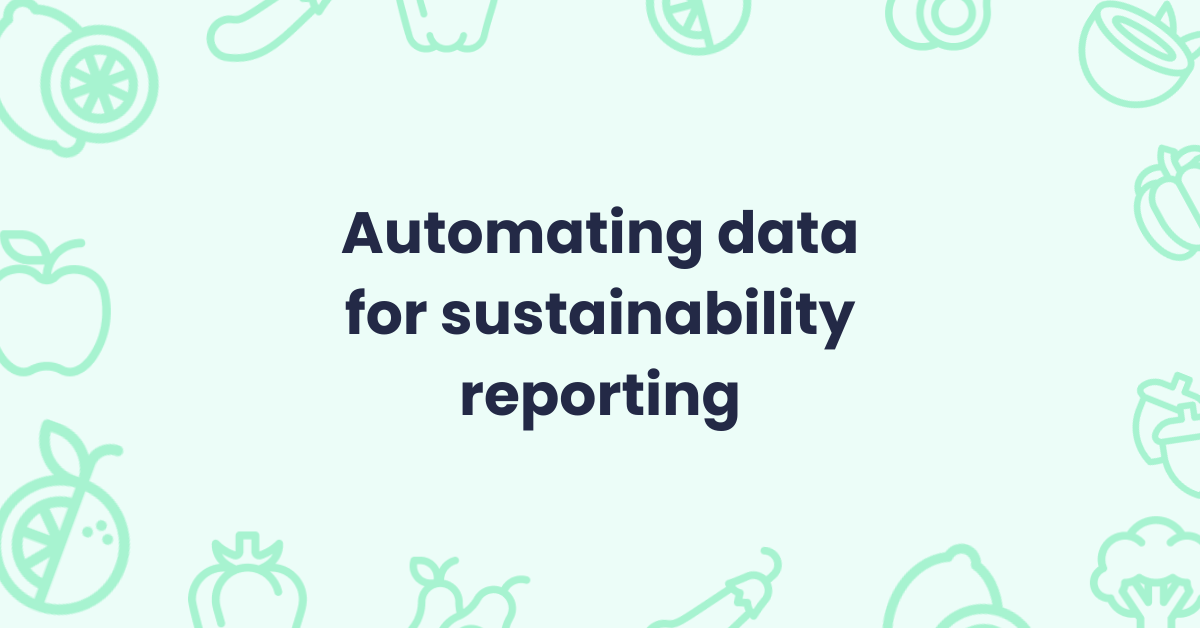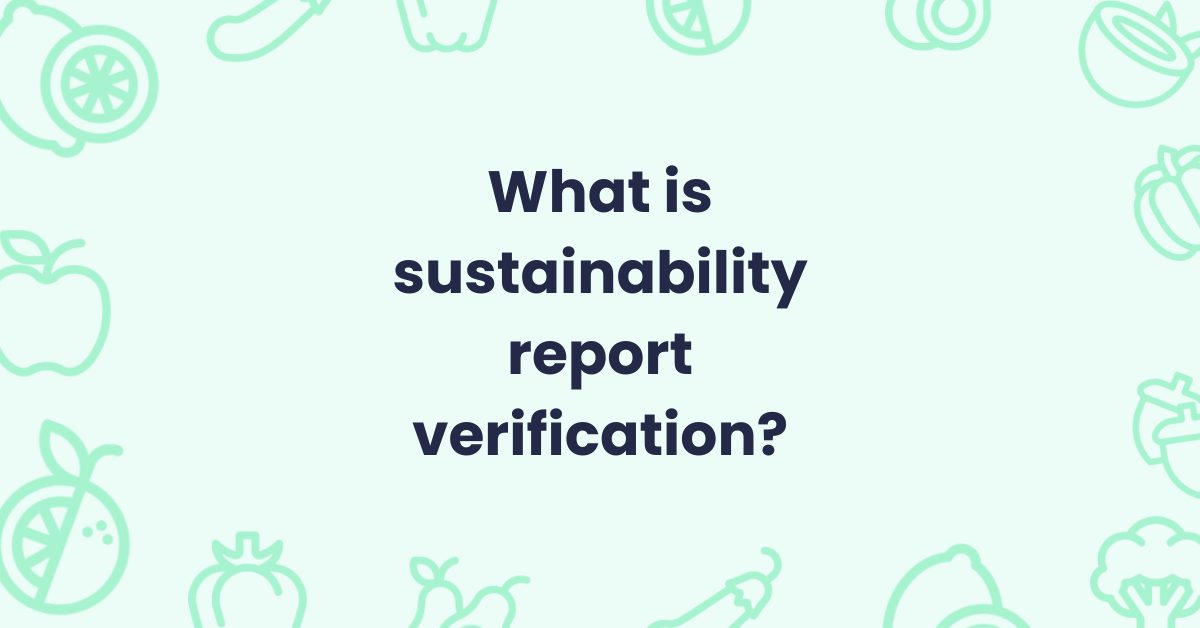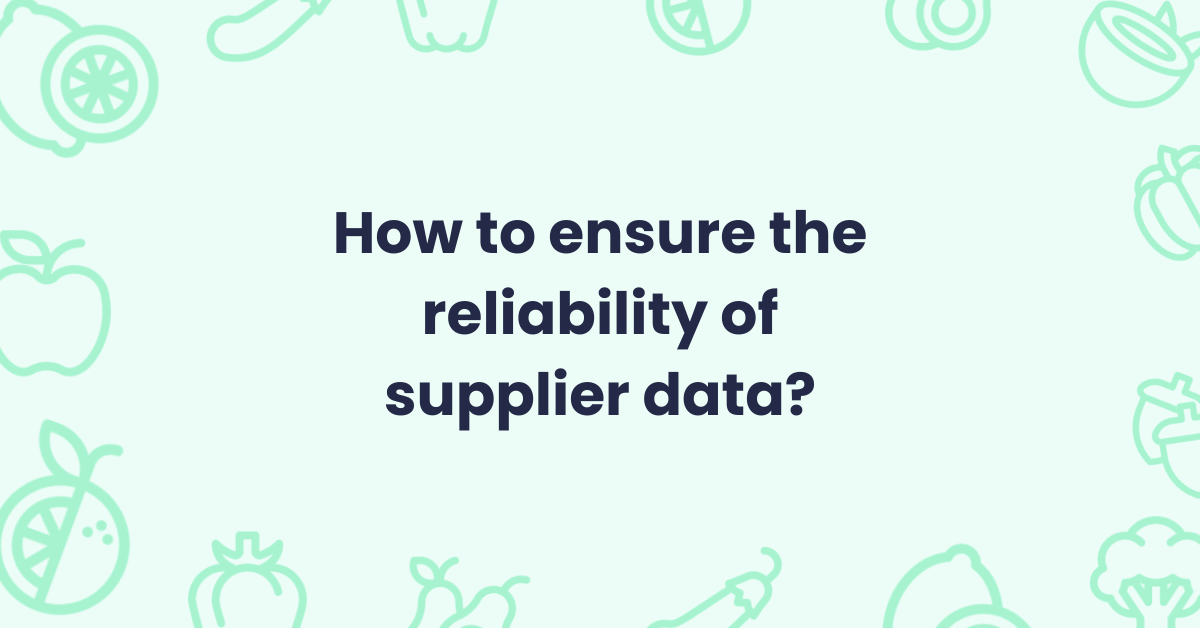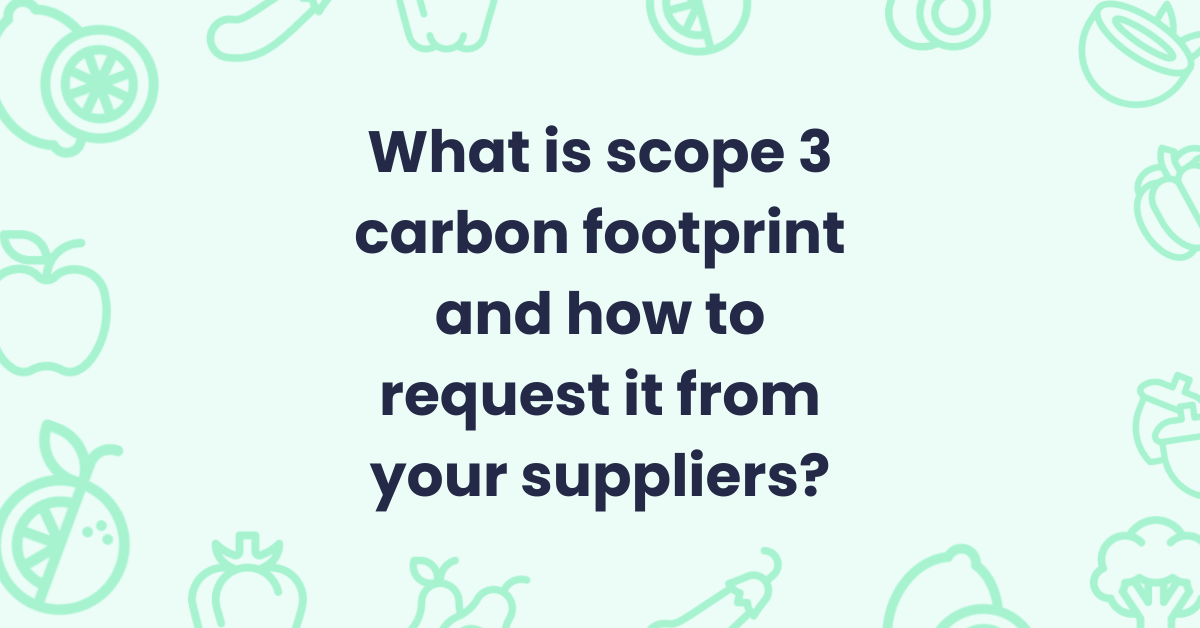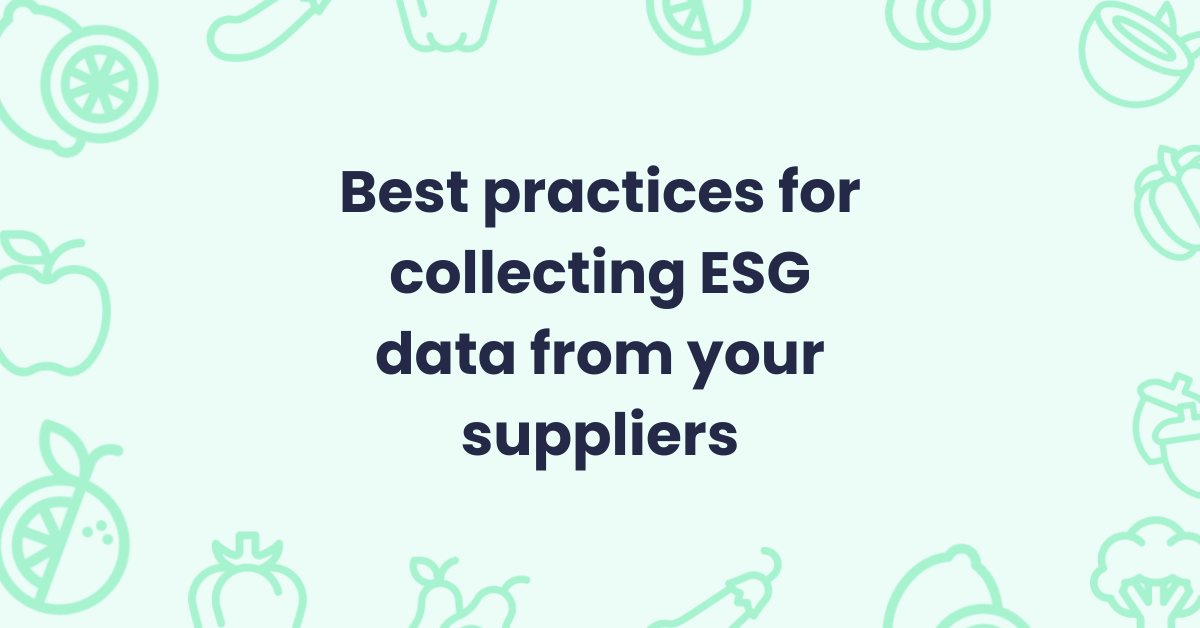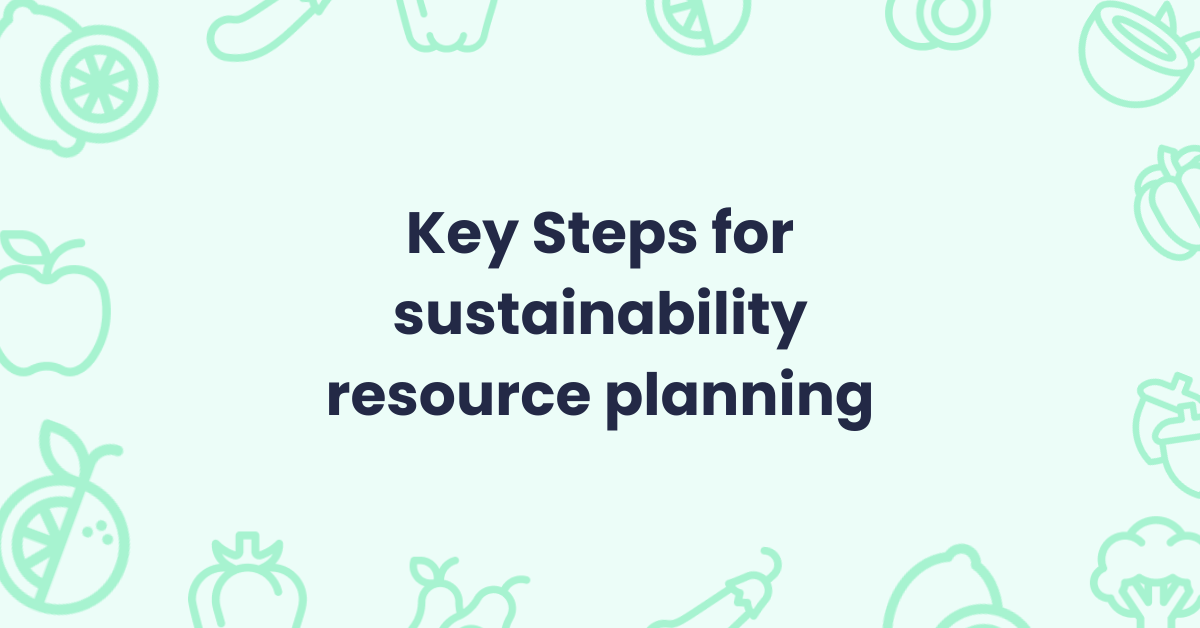
Key steps for sustainability resource planning
Efficient resource planning in sustainability is crucial for companies to achieve their environmental, social, and governance (ESG) goals. A structured approach maximizes positive impact, optimizes costs, and ensures regulatory compliance. Below, we outline the essential steps for effective sustainability resource planning. 1. Assess the starting point Before planning, conduct an



